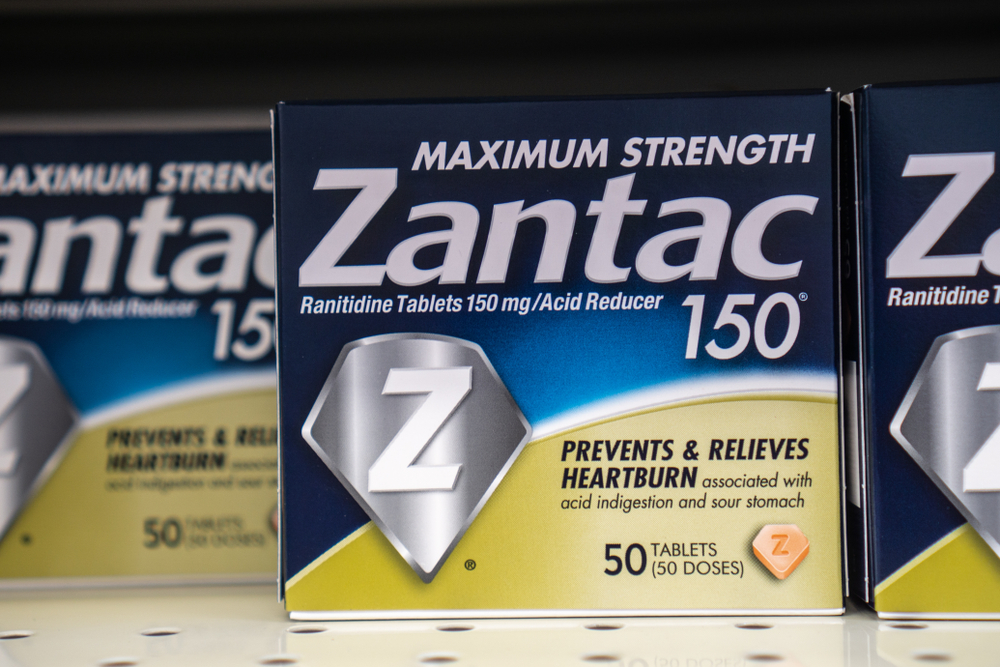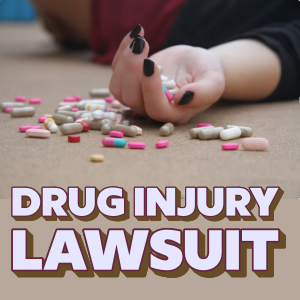Trulicity Lawsuit Unraveled: Key Facts and Legal Remedies
Trulicity Lawsuit Unraveled: Key Facts and Legal Remedies
Blog Article
Understanding Your Legal Rights in a Dangerous Medication Legal Action
In the world of drugs, navigating the complexities of a dangerous medicine suit can be intimidating. As people end up being increasingly familiar with the possible dangers connected with certain medications, recognizing their lawful rights becomes critical (Trulicity Lawsuit). From figuring out the legal basis for filing a suit to weighing the options in between a course action and an individual case, there are essential factors to consider to be made. The details of looking for offsetting damages and the significance of sticking to the law of constraints include layers of intricacy to the procedure. With the advice of legal guidance, individuals can embark on a trip to assert their civil liberties and seek justice in the face of injury caused by unsafe drugs.
Lawful Basis for Legal Actions
Discovering the lawful premises for pursuing a hazardous medicine lawsuit needs a comprehensive understanding of relevant statutes and precedents. When considering lawsuit against a pharmaceutical firm for a harmful medicine, one should develop that the medication in question postured unreasonable risks that were not sufficiently divulged to customers. This typically involves demonstrating that the drug producer stopped working to advise around recognized threats, misrepresented the drug's security or effectiveness, or taken part in fraudulent advertising techniques.
To succeed in a dangerous drug legal action, complainants frequently depend on lawful theories such as carelessness, stringent responsibility, or violation of service warranty. Negligence cases argue that the supplier did not exercise practical care in ensuring the security of the medicine.
Kinds of Compensatory Problems
Offsetting problems in a hazardous medicine legal action encompass economic restitution granted to plaintiffs to make up for losses sustained because of the harm brought on by the medicine. These damages are created to make the victim whole once more, both economically and non-economically. There are 2 main kinds of countervailing problems that may be awarded in a harmful medicine suit: non-economic problems and economic problems.

Both non-economic and financial compensatory problems play a vital duty in making sure that people damaged by unsafe medicines receive proper settlement for their losses.
Law of Limitations

Missing the law of limitations deadline can have serious repercussions, as it might cause the case being dismissed by the court. Once the statute of restrictions has ended, the complainant may shed the right to look for legal recourse versus the event responsible for the damage created by the hazardous medicine. For that reason, it is necessary for individuals considering a harmful drug legal action to talk to a qualified attorney quickly to comply and understand with the suitable statute of constraints look at this web-site in their instance.
Class Action Vs. Individual Lawsuits
Given the varying statute of restrictions in hazardous medicine claims, individuals must very carefully consider the decision in between pursuing a course activity or an individual legal action. Class activity legal actions include a team of plaintiffs collectively suing an accused, typically a pharmaceutical company, for the exact same issue - in this situation, harm created by a dangerous drug. These suits can be helpful as they combine visit this website sources, increase take advantage of against the defendant, and provide a feeling of solidarity amongst affected people. In a class activity legal action, people might have much less control over the case's instructions and the last settlement amount.
Specific lawsuits can be extra taxing, expensive, and may result in lower payment compared to an effective class activity claim. Eventually, the choice between a class action and a private legal action should be based on the individual's circumstances, preferred degree of participation, and the lawful advice received.
Looking For Lawful Advise
In browsing the intricacies of a hazardous medicine legal action, safeguarding professional lawful counsel is paramount for guaranteeing a solid and informed lawful strategy. When seeking lawful advice for a harmful drug lawsuit, it is important to discover a law office or lawyer with experience in pharmaceutical lawsuits. These situations usually entail complex medical and scientific details, calling for an attorney who understands both the lawful elements and the medical subtleties associated with such suits.
Professional legal guidance can assist people recognize their rights, analyze the strength of their case, and navigate the intricate lawful procedures connected with unsafe medicine legal actions. Furthermore, a skilled attorney can provide assistance on whether to go after an individual lawsuit or sign up with a class-action lawsuit, based upon the specific conditions of the case.
Moreover, legal counsel can help in collecting proof, preparing legal documents, working out with pharmaceutical business or their legal representatives, and representing customers in court if the case mosts likely to test. By getting the support of well-informed legal professionals, people can boost their chances of attaining a beneficial end result in a harmful medicine legal action.

Conclusion
Finally, comprehending your legal rights in a dangerous drug lawsuit is vital in looking for compensation for any kind of injury caused. Knowing the legal basis for investigate this site lawsuits, types of compensatory damages available, statute of restrictions, and the difference between class action and individual suits can assist people navigate the lawful process properly. Seeking lawful counsel is vital in guaranteeing your rights are safeguarded and promoting for the payment you should have.
Countervailing damages in a hazardous medication lawsuit encompass economic restitution granted to plaintiffs to compensate for losses sustained due to the damage created by the medication.The law of restrictions in a dangerous medicine suit develops the timeframe within which a plaintiff have to file a lawful insurance claim versus the accountable event for the harm triggered by the drug.Provided the differing statute of limitations in unsafe drug legal actions, individuals need to thoroughly consider the decision between seeking a class activity or an individual lawsuit. Specific lawsuits can be a lot more lengthy, expensive, and might result in lower payment compared to a successful class action legal action. Understanding the lawful basis for claims, kinds of offsetting damages readily available, statute of constraints, and the difference between class activity and individual legal actions can aid individuals browse the lawful procedure successfully.
Report this page